40 Facts About Words That Will Blow Your Mind
These word facts will change the way you view the English language.

Words are the building blocks of communication—but still, there's a lot you probably don't know about them. Even some of the most common words have surprising histories or hidden meanings. And at the same time, the English language is loaded with words that perfectly describe everyday things, but chances are that you don't use them because you never even knew they existed. That is, of course, until now. Here are 40 wild word facts that will add flavor to your future conversations—and maybe even help lead your team to victory at your next trivia night.
1
An infinity sign is called a "lemniscate."
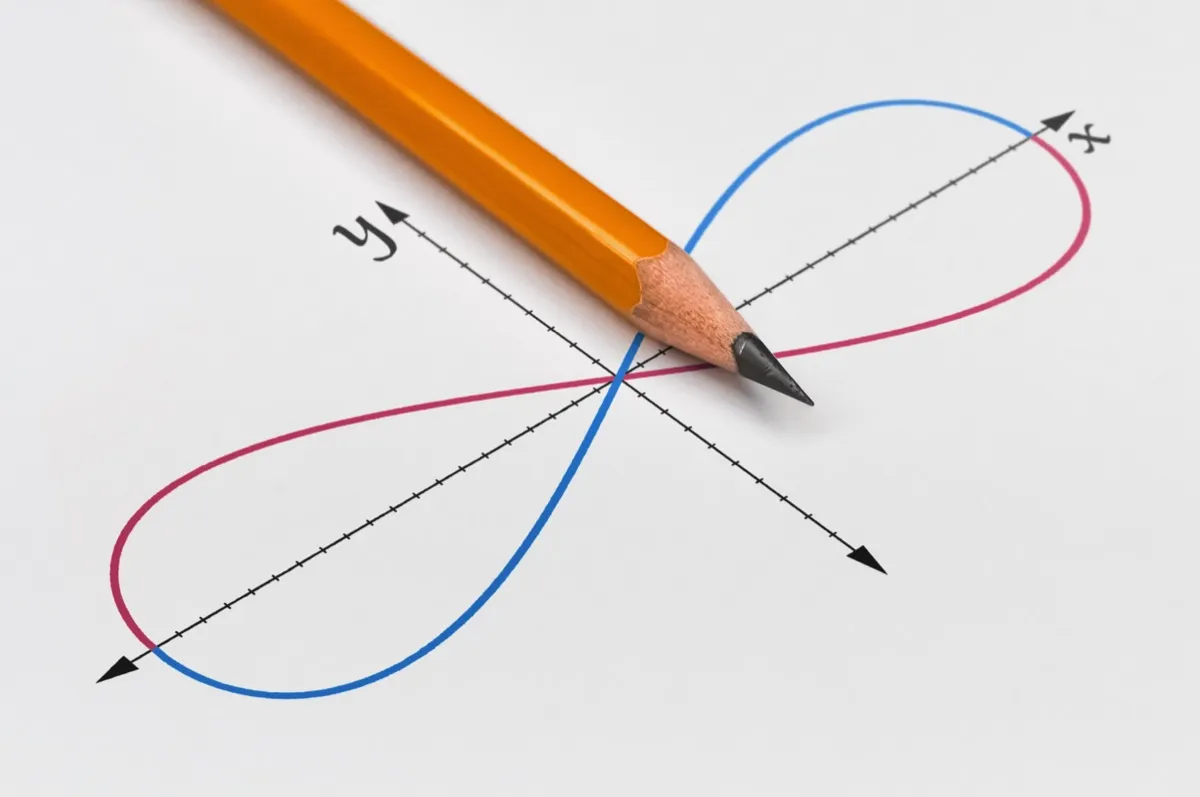
The term refers to a plane curve in which two loops meet at a central point, creating what we might call a sideways figure-eight. As Merriam-Webster explains, it's derived from the Latin word for "with hanging ribbons."
2
The longest English word is nearly 190,000 letters.

That would be the chemical name of Titin, the largest known protein. It begins, "Methionylthreonylthreonylglutaminylalanylprolylthreonylphenylalanylthreonylglutaminylprolylleucylglutaminylserylvalylvalylvalylleucylglutamylglycylserylthreonylalanylthreonylphenylalanylglutamylalanylhistidylisoleucylserylglycylphenylalanylprolylvalylprolylglutamylvalylseryltryptophylphenylalanylarginylaspartylglycylglutaminylvalylisoleucylserylthreonylserylthreonylleucylpro" and goes on for tens of thousands of letters. (You can read the whole thing yourself here and hear it pronounced here.)
3
The longest word found in a major dictionary is 45 letters long.

The word, pneumonoultramicroscopicsilicovolcanoconiosis, technically refers to a type of lung disease caused by silica dust. But according to Lexico, it was actually coined in the 1930s by Everett M. Smith, the president of the National Puzzlers League, for the express purpose of becoming the longest word in the English language, so it's a bit of a cheat.
4
The word "bankrupt" comes from the Italian term for "broken bench."

According to the Online Etymology Dictionary, the word "bankrupt" grew out of an Italian phrase that literally refers to breaking something—not just the bank. That Italian phrase is banca rotta, meaning "broken bench," and it refers to an old custom that involved literally breaking the bench of money dealers who ran out of funds.
5
There's a word for all things breakfast.

Pancakes, corn flakes, coffee, orange juice—they are all "jentacular," or "pertaining to breakfast." Impress your friends next time you're at brunch by declaring, "These scrambled eggs are such a great jentacular dish!"
6
The word "heroin" used to be trademarked.

In the late 19th century, pharmaceutical company Bayer released a revolutionary over-the-counter drug that could allegedly help everything from sore throats to tuberculosis. That drug was heroin. Its name comes from the German word heroisch for "powerful"—which is appropriate, given how powerful the addictive substance is. For a while, Bayer owned trademark rights to heroin, but they lost those rights in the Treaty of Versailles in 1919, according to the BBC.
7
A single piece of confetti is called a "confetto."

Of course, the plural "confetti" is the more commonly used word, but you can use the singular "confetto" to refer to each individual piece of colored paper.
8
"Schoolmaster" is an anagram of "the classroom."

Think that's cool? Here are some other awesome ones:
Western Union = No Wire Unsent
Clint Eastwood = Old West Action
Astronomers = Moon starers
9
"Walrus" may literally mean "whale-horse."
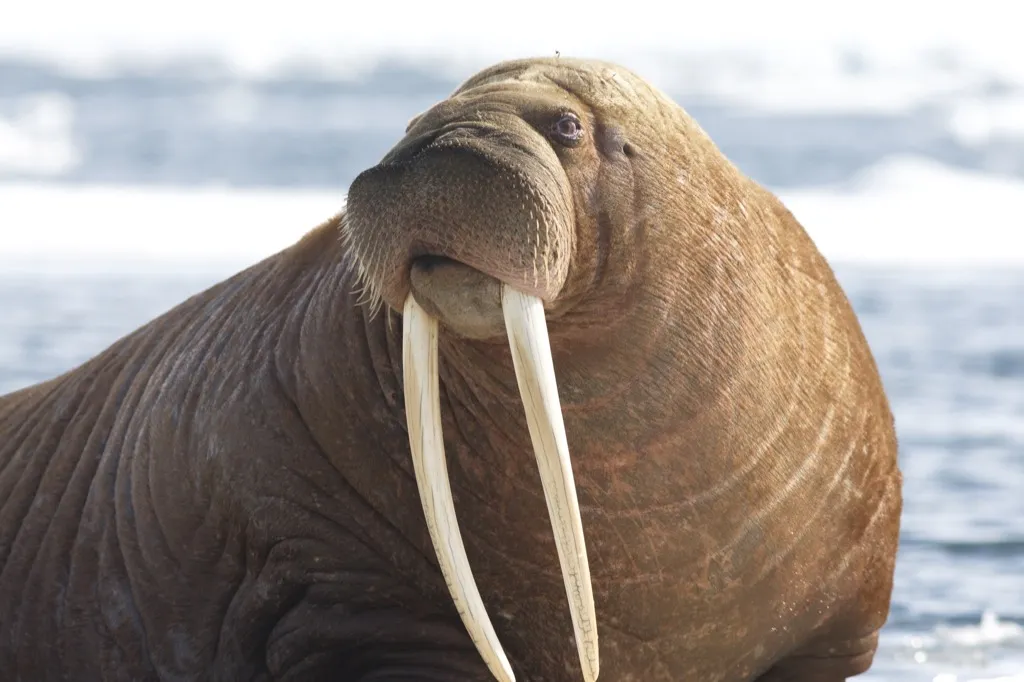
Where does the name "walrus" come from? Well, on Oxford University Press's blog, Podictionary host Charles Hodgson notes that it is derived from the Old English word horschwael, which literally translates to "horse whale." Hodgson theorizes that this word was eventually flipped to create waelhorsch, and later, the similar-sounding "walrus."
10
"Penguin" means "white head."

According to Merriam-Webster, the name of this flightless bird comes from the Welsh words for "head" (pen) and "white" (gwyn). It originally referred to the now-extinct great auk bird, but was eventually applied to these adorable Arctic-dwelling creatures—even though their heads are usually black and their bellies white.
11
"Adultery" and "adult" do not share an origin.

It would seem that these two words would share some kind of common ancestor, but in fact, they grow from two completely different roots. While "adult" comes from the Latin verb adolescere, or "to grow up," the word "adultery" grows from the Latin verb adulterare, which means "to commit adultery" or "to corrupt."
12
The longest words without any vowels are "crwth" and "cwtch."
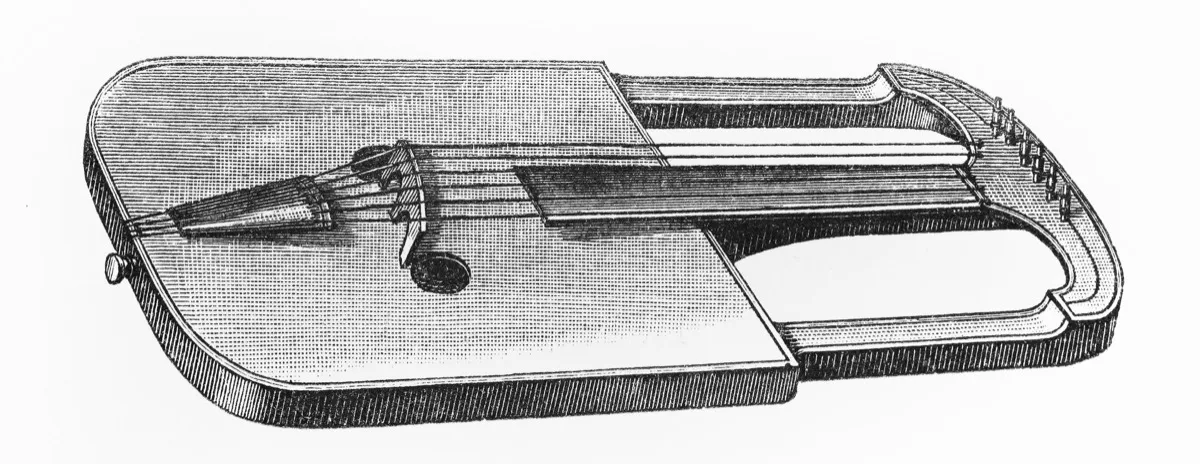
Believe it or not, there are two five-letter words in the English language that contain zero vowels: "crwth" and "cwtch." According to the Collins English Dictionary, both of these words are Welsh, and this language treats the letter "w" like a vowel.
13
There's a word to refer to the day before yesterday.
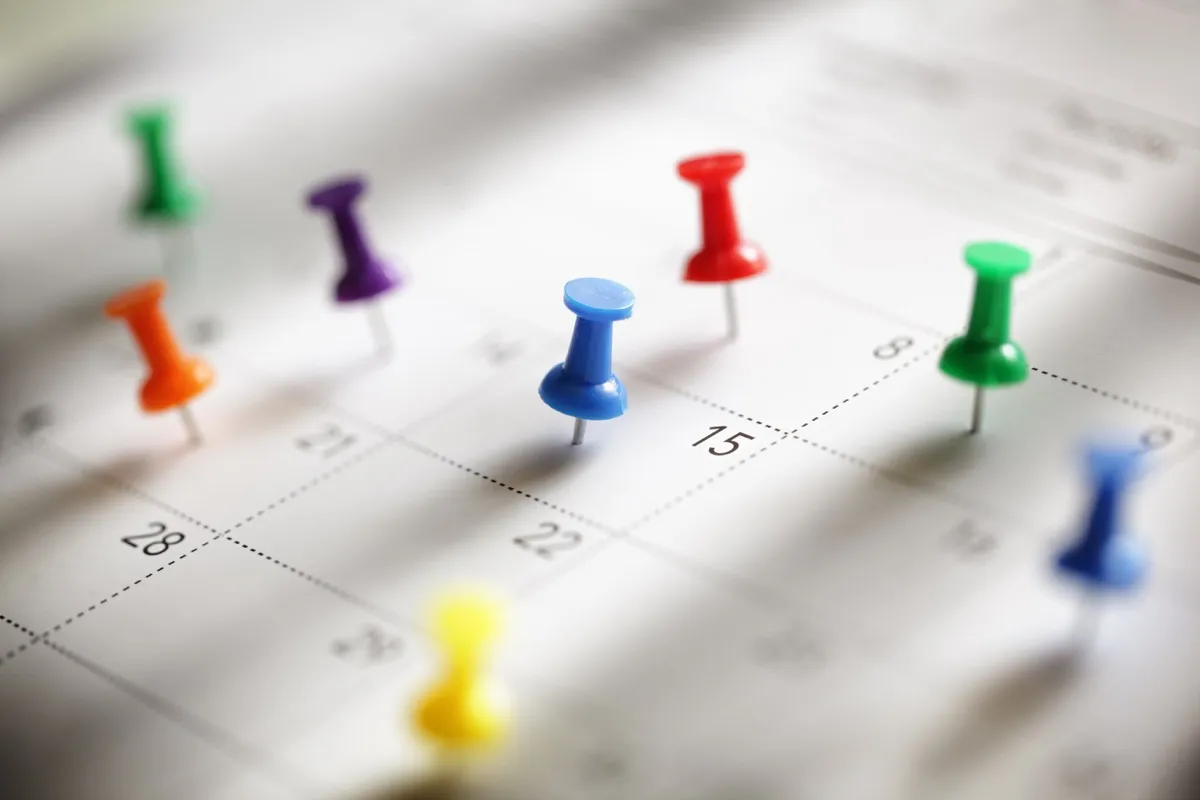
When it's Thursday and you're trying to remind someone of something that happened on Tuesday, you usually go with the clunky phrase "the day before yesterday." But guess what? There's a one-word way of saying that: "nudiustertian." Of course, given the time it will take you to explain to your friends what the word means, it might be easier just to say "the day before yesterday."
14
The word "ambulance" refers to walking.

According to the Online Etymology Dictionary, the word "ambulance" is rooted in the Latin word ambulare, meaning "to walk." It might seem counterintuitive—don't you need an ambulance when you can't walk to get emergency assistance?—but the word originally referred to the contraptions known as "walking hospitals."
As MedicineNet explains, in the 19th century, Napoleon came up with the idea of retrieving injured soldiers on a cart and running them out of harm's way. The mobile unit used to transport soldiers was called a hopital ambulant, or a "walking hospital."
15
"Funk" originated in Elizabethan England.

George Clinton may be the godfather of funk (the music), but the word was around long before. According to Babbel, it originated in 16th century Europe to describe the unpleasant or musty smell of tobacco omnipresent at the time. It likely grew from the Old French word funkier, meaning "to blow smoke on."
16
"Bogus" was once a noun.

While we usually think of "bogus" as an adjective describing something fake, the word actually began as the name of a type of machine. As Merriam-Webster notes, a "bogus" was a machine that would produce counterfeit coins. Over time, the word came to serve as shorthand for "counterfeit" itself.
17
There's a phrase that describes the opposite of déjà vu.

We're all familiar with the concept of déjà vu: the feeling that we've experienced something before, even though it's the first time we're experiencing it. But what about jamais vu? This is the French term for the exact opposite phenomenon, in which something familiar feels foreign. Translating to "never seen," it's a phenomenon that can be caused by medical issues like epilepsy.
18
The word "bellwether" comes from sheep herding.

When someone or something is a leader and innovator in their respective field, they're like a sheep leading the pack. At least, that's what the person who first used the word "bellwether" to describe a leader was trying to say.
Centuries ago, it was commonplace for shepherds to hang bells around the "lead sheep" in their flock, which they referred to as the—you guessed it—"bellwether." According to Merriam-Webster, the word began being used to describe a trendsetter in the 13th century.
19
Only one word in the English language contains the letters "X," "Y," and "Z" in order.

That would be "hydroxyzine," and it refers to a type of medicine that helps with both sneezing and anxiety.
20
The word "pandemonium" was coined as the name of hell's capital.
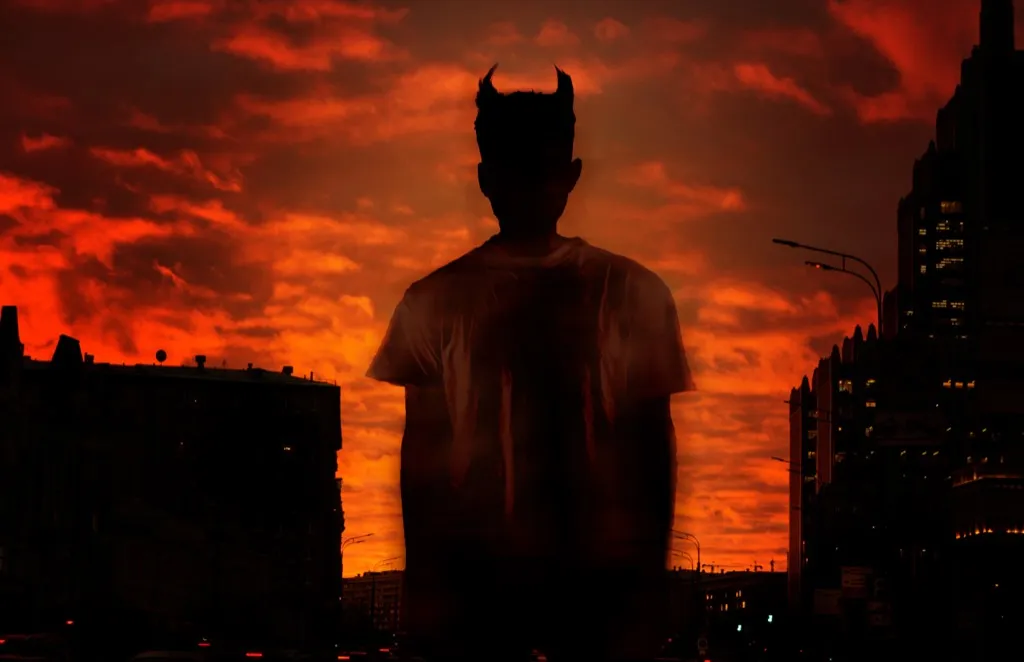
In his epic poem Paradise Lost, John Milton invented the word "Pandemonium" as the name of the capital of the underworld. Stemming from the Greek words for "all" and "little spirit/demon," the term roughly translates to something like "place for all demons." When we use the word today, it usually refers to a kind of chaos, but Milton invented the word to describe a truly unpleasant-sounding place.
21
"Algorithm" originally referred to a specific numeral system.

The word "algorithm" actually dates back to the 9th century. According to NASA, it's derived from the latinization of the name of Persian mathematician Muhammad ibn Musa al-Khwarizmi, one of the founding fathers of algebra. It originally referred to "the system of Arabic numerals," but over time, the term grew to broadly describe a set of rules to follow in making calculations.
22
"Quarantine" literally means "40 days."

As the Online Etymology Dictionary notes, the word "quarantine" comes from the Italian words quarantina giorni, which literally translate to "space of 40 days." Why? In the 14th century, that's how long ships were kept in isolation—or quarantined—when they could potentially be harboring sick passengers.
23
There are two 15-letter words that don't repeat any letters.
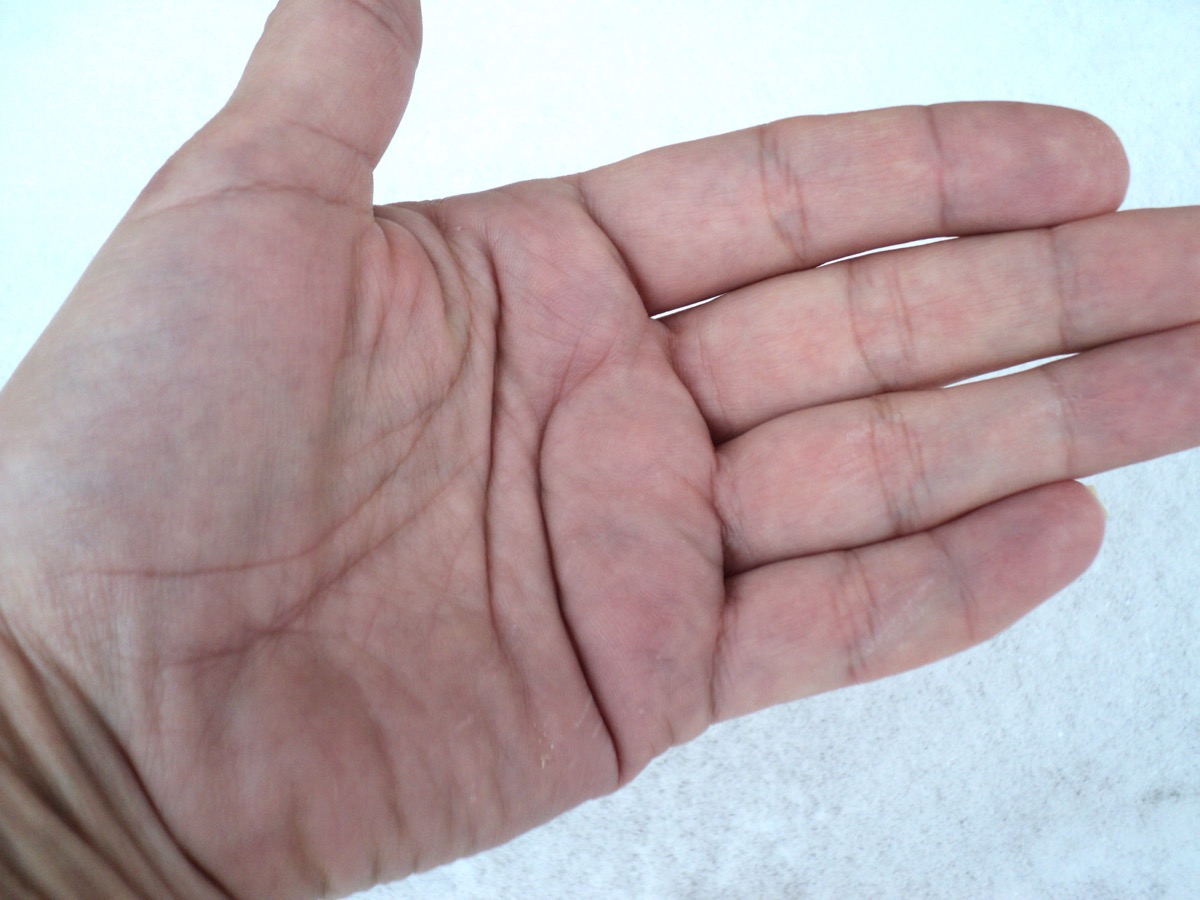
According to Lexico, they are "uncopyrightable"—something that cannot be copyrighted—and "dermatoglyphics"—the study of skin markings. These two words are tied as the longest English words that don't repeat a letter.
24
"Apron" used to begin with the letter "n."

"Apron" traces back to the Latin word mappa for napkin, becoming "napron" in the 14th century. But over time, through a process called "misdivision" or "rebracketing," the phrase "a napron" became "an apron," eliminating the "n" and giving us the spelling we know today.
25
"Nickname" didn't always begin with an "n."

"Nickname" is another classic case of misdivision. According to the Online Etymology Dictionary, it was originally "ekename," but in the mid-15th century it somehow became "neke name." The "eke" comes from the Old English word eaca for "increase"—which makes sense when you consider that a nickname is an additional name.
26
There's a word to describe the first person you see after leaving the house.

When you walk out of the house and run into your neighbor, feel free to call them a "qualtagh." Though that might sound like an insult, it actually just refers to the first person you see after leaving your house. Alternately, it can refer to the first person who enters your home after New Year's.
27
A word with two opposite meanings is called a "contronym."

A "contronym" is any word with two opposite and seemingly contradictory meanings. Examples of contronyms are "cleave" (which can describe both the act of dividing something and an object adhering to a surface) and "sanction" (which can describe both a punishment for disobeying the law and permission to do something).
28
The English word with the most meanings is "set."

According to Guinness World Records, this verb—and sometimes noun—has the most meanings of any English word, with 430 listed in the Second Edition of the Oxford English Dictionary. It also has the longest dictionary entry at 60,000 words!
29
The word "dumbbell" has nothing to do with intelligence.

It's a question most people have at some point while working out: Why are dumbbells called "dumbbells"? Well, as Hodgson explains on the Oxford University Press blog, the word "dumbbell" comes from the fact that the exercise equipment was originally made by attaching silent metal bells to rope. You see, before the word "dumb" meant "stupid," it meant "unable to talk."
30
Samuel Johnson had an interesting definition for "lunch."

Samuel Johnson, celebrated writer and pioneer of the English dictionary, was also famous for his appetite. And part of the reason he grew to be such a big guy may have had to do with how he viewed meals. His definition of "lunch" had nothing to do with the time of day, but the amount of food eaten—specifically, "as much food as one's hand can hold."
31
He also had a peculiar definition for "lizard."
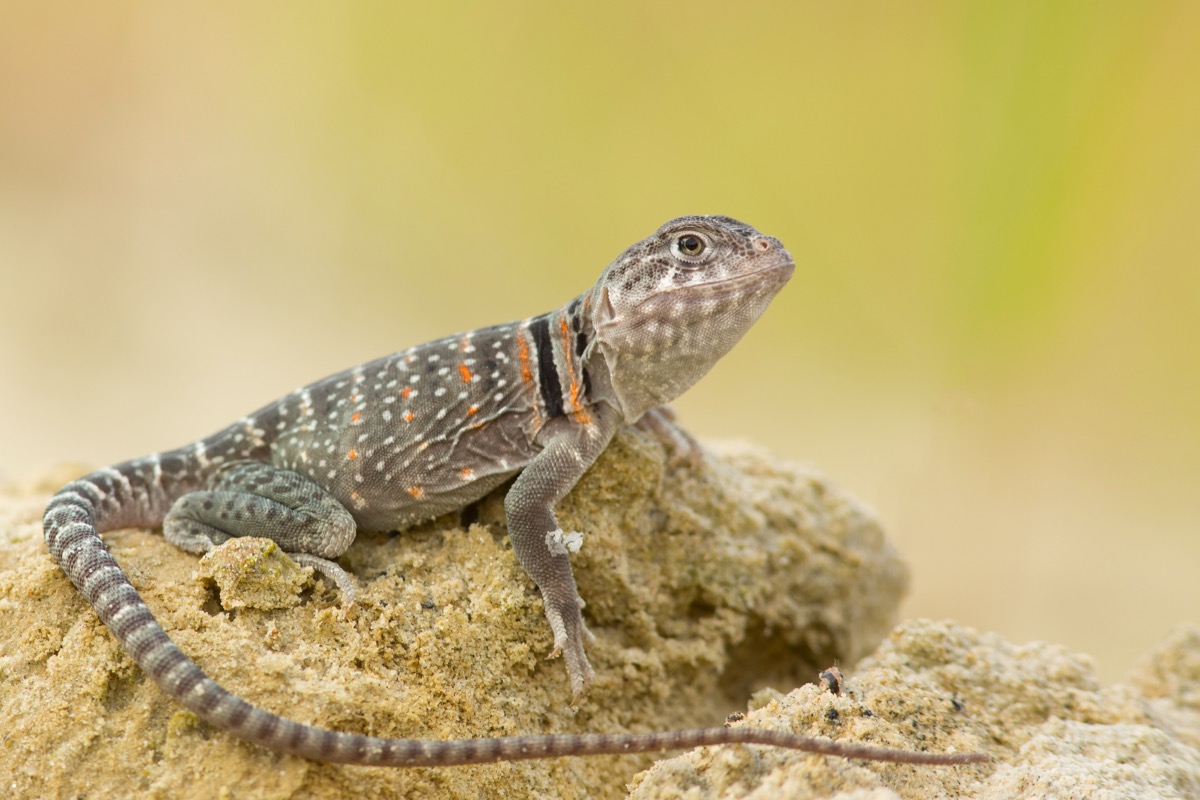
Not one to use a lot of technical jargon for something that could be described in more simple terms, Johnson called these reptiles "an animal resembling a serpent, with legs added to it."
32
"Alligator" grew from the Spanish words el lagarto.
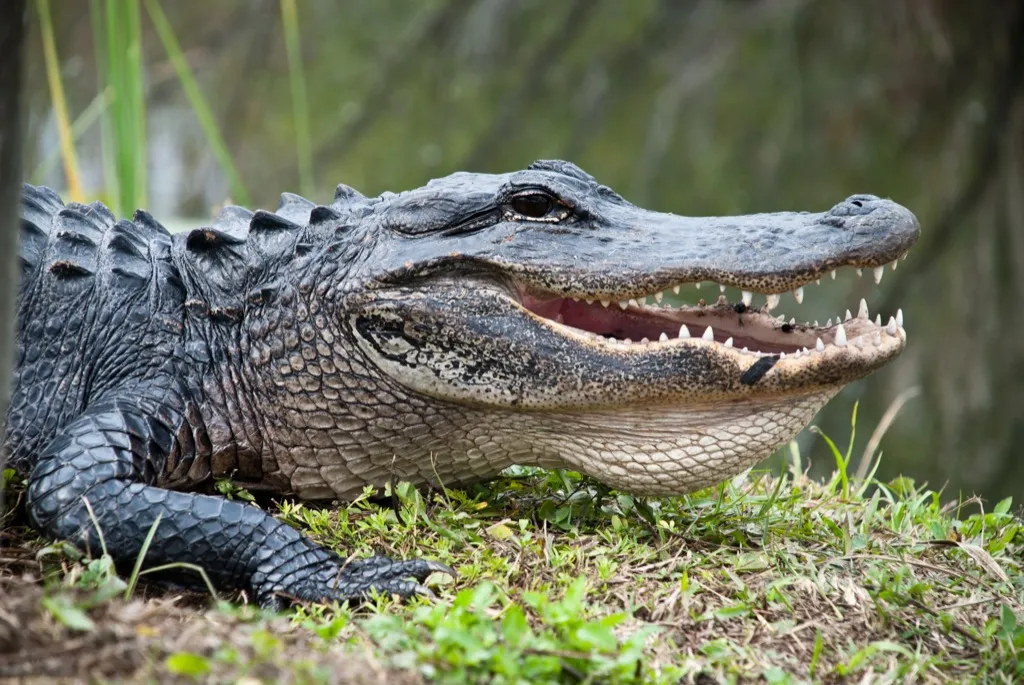
Back in the day, the Spanish referred to what we now know as an alligator as el lagarto. Translating to "the lizard," the phrase got blurred together over time with repetition, eventually becoming one vaguely Spanish-sounding word: alligator.
33
"Goodbye" is derived from the phrase "God be with ye."

"Goodbye" has surprisingly religious origins. The Online Etymology Dictionary explains that this common farewell comes from the 16th century English term "godbwye," which is shorthand for "God be with ye."
34
"Tl;dr" is an official word in the dictionary.

Merriam-Webster added this acronym for "too long; didn't read" to its dictionary in 2018.
35
So is "LOL."

It was added in 2011, along with "FYI" and "OMG."
36
One of the first references to baseball was in a Jane Austen book.
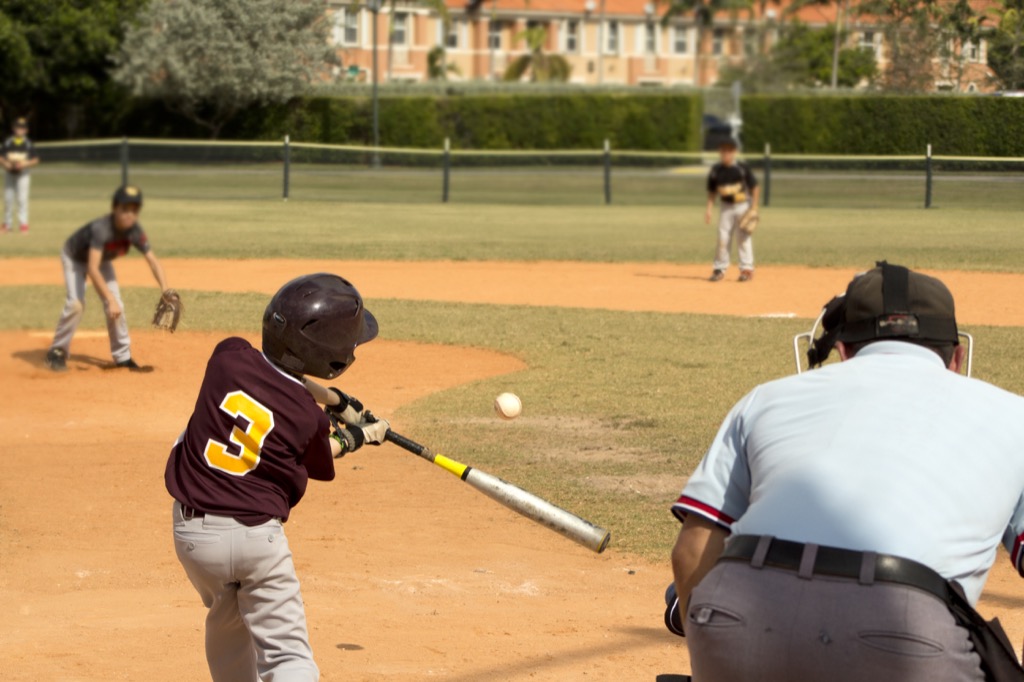
We might not think of Jane Austen as a pioneer of sports coverage, but it turns out the celebrated author was one of the first writers to use the word "baseball" in their work. Her novel Northanger Abbey, published in 1817 after her death, includes one of the earliest mentions of the word, written as part of the introduction of heroine Catherine Morland. "It was not very wonderful that Catherine, who had nothing heroic about her, should prefer cricket, base-ball, riding on horseback, and running about the country at the age of fourteen, to books," the novel reads.
37
"E" is the most commonly used letter in the English language.
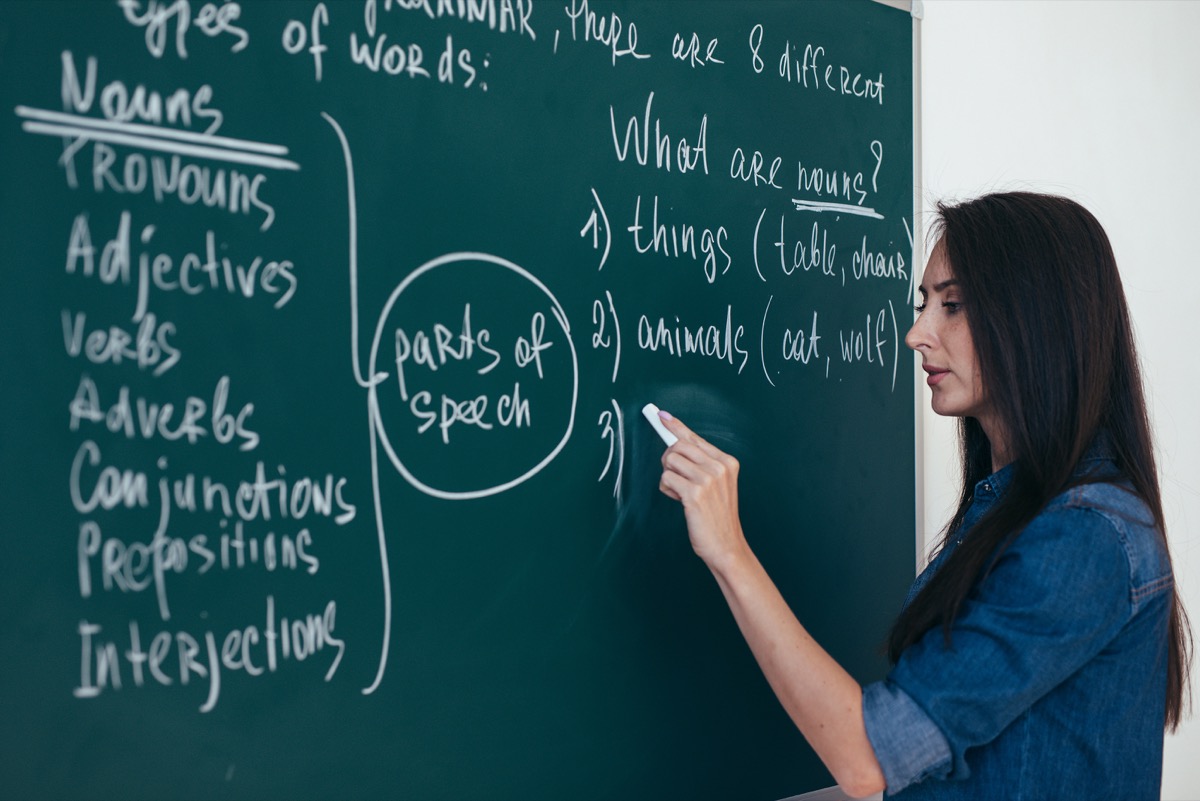
At least that was the case in 1995, when an analysis of entries in the Concise Oxford Dictionary found that 11.1607 percent of the letters in the entries were the letter "E." The second-most common letter was "A," accounting for 8.4966 percent of all letters. The letter "Q" accounted for the smallest percentage—just 0.1962 percent of all letters.
38
The element "cobalt" was named after goblins.

German miners who encountered cobalt were not fans of the metallic element. As science editor Susan Watt writes in Cobalt, they used to encounter it while trying to extract silver, and they "would say that naughty spirits or goblins were the cause" of problems and poisonous fumes. As such, when the metal was discovered in 1739 by Georg Brandt, it was named "kobold," which is the German word for "goblin."
39
"Ammonia" is named after an Egyptian god.
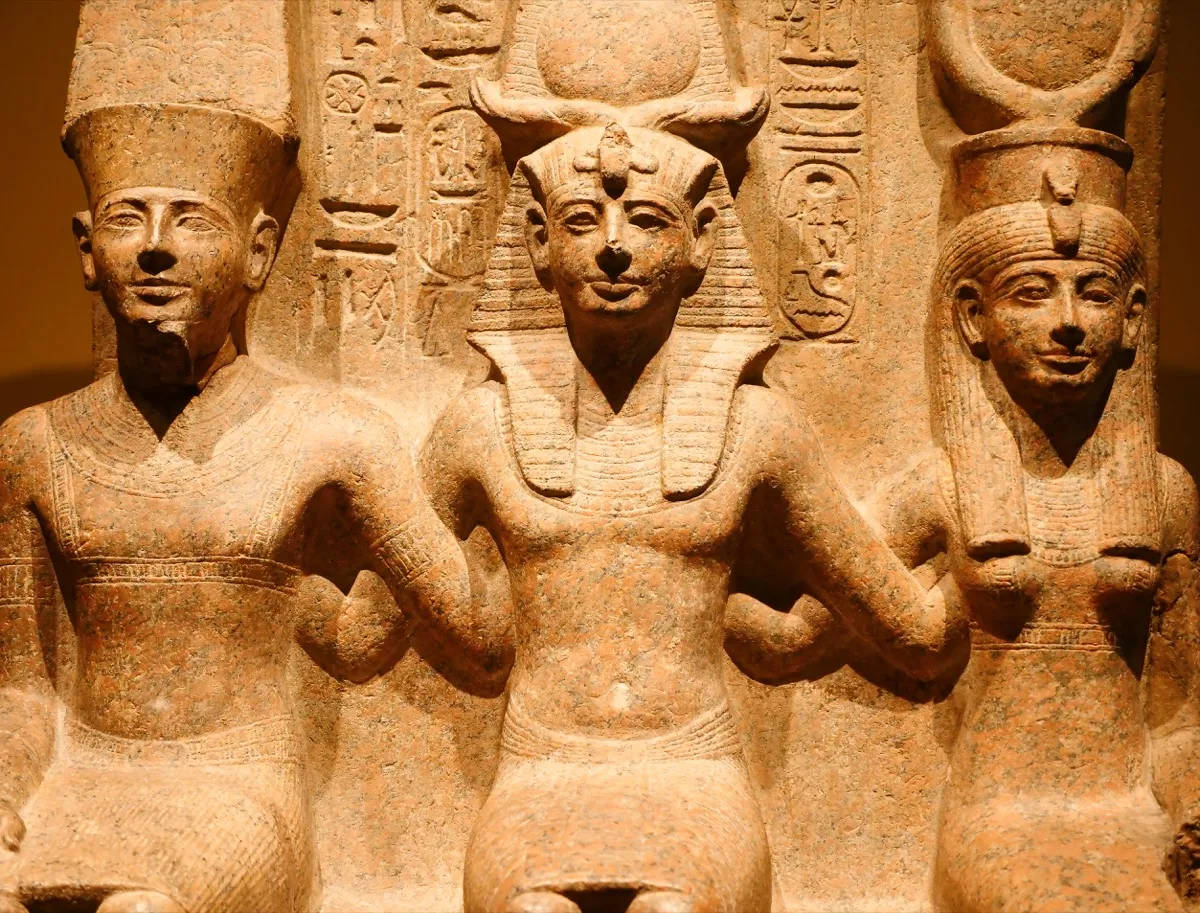
A chemistry word with mythological roots is the gas "ammonia," which refers to the Egyptian god Amun, or "Ammon" in Greek. Merriam-Webster explains that it was near his temple at the Siwa oasis that the colorless compound was originally found in the late 18th century.
40
There's a word for the plastic coating at the end of a shoelace.

It's called an "aglet," and comes from the French word for "needle" (aguillette).
Additional reporting by Morgan Greenwald





















